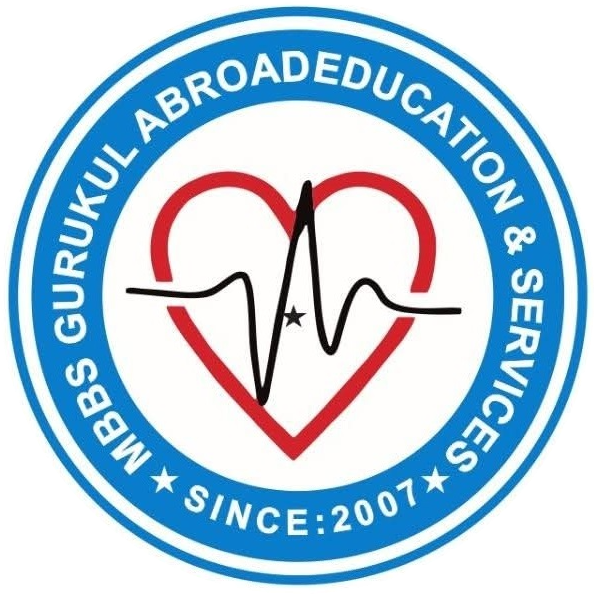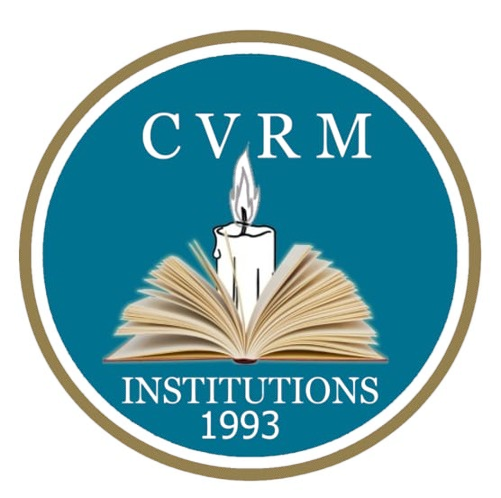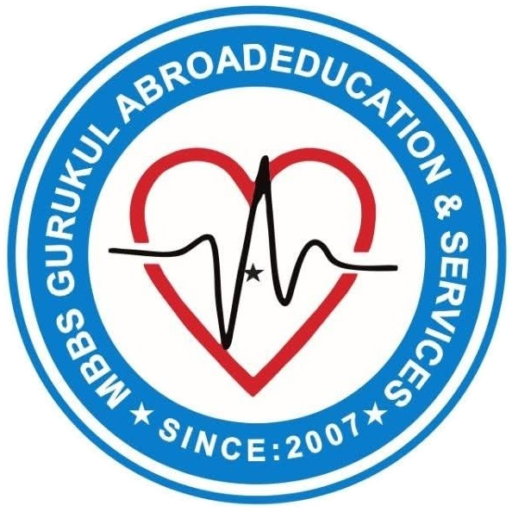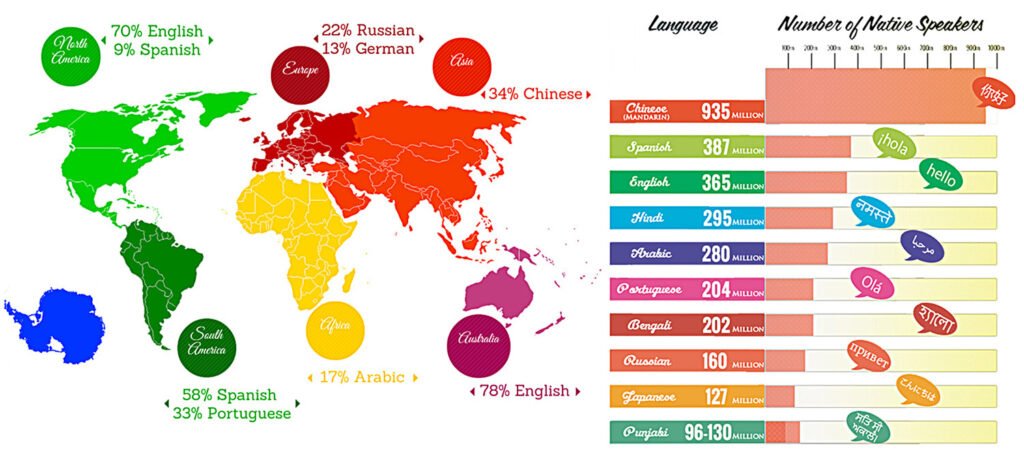Edit Content

About Us
- MBBS GURUKUL - THE GATEWAY TO MBBS SINCE 2007 - India's No#1 MBBS ABROAD CONSULTANCY
Where to Find Us
- +91 8878762767
- What's app : +91 7987475101
- 138 LGF GAUTAM NAGAR OPPOSITE GULMOHAR ENCLAVE GATE NO 3 BEHIND AIIMS NEW DELHI 110049
- neerajceomg@gmail.com
- info.mbbsgurukul@gmail.com
Social Media
Edit Content

About Us
- MBBS GURUKUL - THE GATEWAY TO MBBS SINCE 2007 - India's No#1 MBBS ABROAD CONSULTANCY
Where to Find Us
- +91 8878762767
- What's app : +91 7987475101
- 138 LGF GAUTAM NAGAR OPPOSITE GULMOHAR ENCLAVE GATE NO 3 BEHIND AIIMS NEW DELHI 110049
- neerajceomg@gmail.com
- info.mbbsgurukul@gmail.com
Social Media
Edit Content

About Us
- MBBS GURUKUL - THE GATEWAY TO MBBS SINCE 2007 - India's No#1 MBBS ABROAD CONSULTANCY
Where to Find Us
- +91 8878762767
- What's app : +91 7987475101
- 138 LGF GAUTAM NAGAR OPPOSITE GULMOHAR ENCLAVE GATE NO 3 BEHIND AIIMS NEW DELHI 110049
- neerajceomg@gmail.com
- info.mbbsgurukul@gmail.com




